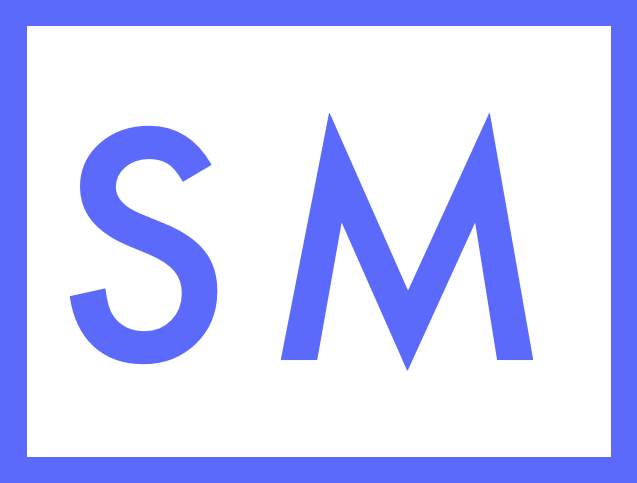1.17
Why the survey is the most important scientific tool of the 20th Century
When I started my research consultancy, I struggled to formulate my pitch. I relied on surveys, which are powerful and versatile if you know how to use them. But telling prospective clients “I conduct surveys” felt lame. In an era of big data they are seen as slow and inaccurate.
Luckily, I was reading a book about British research pioneer Charles Booth when I got a clue into how I could change this perspective.
Booth’s story is remarkable. Throughout the 1880s, he walked the streets of London surveying families about their annual income. He published his findings in Life and Labour of the People, which played a crucial role in Parliament passing the Old Age Pension Act, the first welfare legislation in modern history.
The idea to count a population wasn’t new — the ancient Egyptians used a census to estimate the size of their empire — but Booth’s idea to use a survey to study a population scientifically was.
Surveys flourished in the subsequent decades. They were used to conduct market research and measure new psychological concepts such as IQ and personality traits. Pollster pioneer George Gallup popularized the idea of representative polling after he correctly predicted Roosevelt winning the 1936 Presidential election. Researchers made profound insights into entire populations that inspired legislative changes in education, health, and business which we still benefit from, including minimum wage and state-provided K-12 education.
Other scientific tools of the 20th Century have more profoundly changed what we know about who we are – The Hubble Telescope comes to mind – but the survey has shaped daily life perhaps more than any other.
So why does it seem so primitive? So dull? So unimpressive?
After I finished reading about Booth it occurred to me that the word “survey” is deeply misunderstood. The word “survey” may elicit a questionnaire, a poll of voters or consumers, or an email with the subject line, “Share your feedback and get 20% off your next purchase!”
But what is it exactly? The paper or online form you fill out? The methodology used by the researcher? Or the feedback that’s shared and analyzed?
My current best answer is that a survey is a multi-purpose tool, much like a pencil. A pencil can be used to doodle, write thank-you notes, draft novels, sketch portraits, do math, issue decrees, and craft constitutions… just like a survey can be used to measure city-wide income, poll representative voting blocs, conduct a/b tests, and gather consumer feedback.
If I want surveys to seem less lame, I need to draw on the overlooked history of survey-based research and its massive impact on modern society. As a tool, it’s only as insightful as the researchers who use it.
A Weekly Essay for Ecommerce Marketers Who Like to Take Showers
Short essays (300-750 words) examining the philosophical side of marketing and market research — to be read in the time it takes to shower. Join and get an essay in your inbox every Tuesday at 5am.
<3% unsubscribe | Email Sam anytime | Join in the next 30 minutes | Free shipping

